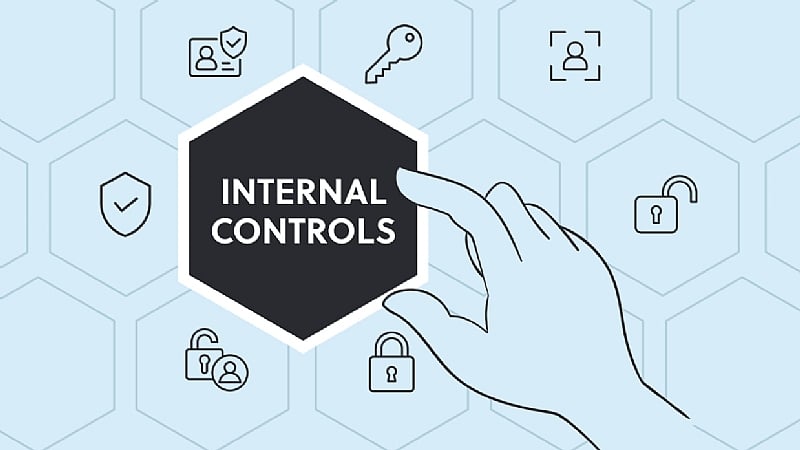Internal control is a crucial component of business management, comprising a structured framework of rules, procedures, and practices aimed at safeguarding assets, ensuring precision and dependability in financial reporting, enhancing operational effectiveness, and fostering regulatory compliance. These controls serve as a system of checks and balances, addressing various risks, preventing fraudulent activities, and altogether increasing the effectiveness of an organization. Because different organizations have unique needs and risk profiles, the complexity of internal control systems may differ significantly based on factors like industry regulations, business size, and specific operational concerns. Consequently, the effective design and implementation of these checks directly contribute to the stability and integrity of the organization’s financial landscape.
Achieving robust internal control begins with establishing a strong control environment that communicates the importance of maintaining ethical standards and effective management practices. Elements such as the integrity and ethical behavior of leadership, commitment to employee competence, and clearly defined authority are critical aspects of this environment. A systematic risk assessment follows, which identifies financial, operational, and compliance risks present in the organization. This assessment process helps prioritize risks, guiding resources toward the most significant vulnerabilities. Identifying potential threats enables businesses to create targeted internal controls that are specifically designed to mitigate those risks, be they theft, improper record-keeping, or unauthorized access to sensitive data.
After identifying risks, organizations must develop and document clear procedures for financial transactions and record-keeping. These procedures serve as guidelines for handling cash, recording sales, and authorizing expenditures, thereby ensuring consistent and accurate execution of tasks. Training and effective communication are key components of successful implementation. Employees should be well-informed about their roles in adhering to internal control measures. Through training sessions and educational materials, businesses can foster a culture of compliance and accountability that encourages employees to actively engage with the framework of internal controls and understand their importance in protecting the organization’s resources.
One key principle outlined in an internal control framework is the segregation of duties, which ensures that no single individual has total control over any financial transaction or process. By distributing responsibilities across various personnel, organizations create a system of checks and balances that minimizes the risk of errors, fraud, and resource mismanagement. Important aspects of these duties include recording transactions, managing and safeguarding company assets, and authorizing transactions. For instance, individuals responsible for handling cash should differ from those who maintain financial records, reducing opportunities for fraudulent behavior. This division of responsibilities enhances transparency and accuracy within organizational processes and encourages accountability among staff.
The benefits of implementing internal control systems are numerous and significant. A well-structured internal control environment provides peace of mind to management, knowing that financial transactions are secure and risks are appropriately managed. Strong internal controls act as a deterrent against theft and fraud by making it challenging for individuals to access resources without oversight. Furthermore, accurate financial reporting is critical for informed decision-making, attracting investors, and securing loans. Reliable internal controls ensure the consistency and integrity of business records, instilling confidence in stakeholders regarding the organization’s financial position.
In conclusion, internal control serves as a cornerstone of effective governance, risk management, and operational success. The integration of robust internal controls supports businesses in safeguarding assets, ensures the dependability of financial reporting, promotes regulatory compliance, and fosters a culture of transparency and accountability. However, it is imperative to acknowledge that internal control is not a static solution; it demands regular evaluation and adaptations to remain effective amid shifting business landscapes. By prioritizing and embedding a culture of integrity and accountability, organizations not only uphold their obligations to stakeholders but also lay the foundation for sustainable growth and success in an ever-evolving business environment. Ultimately, effective internal controls are less about enforcing rules and more about nurturing a principled organizational ethos that drives long-term success.














